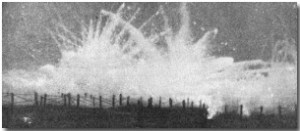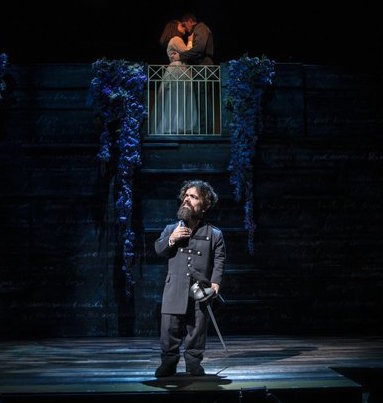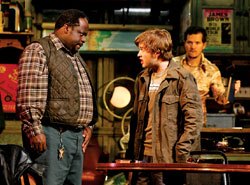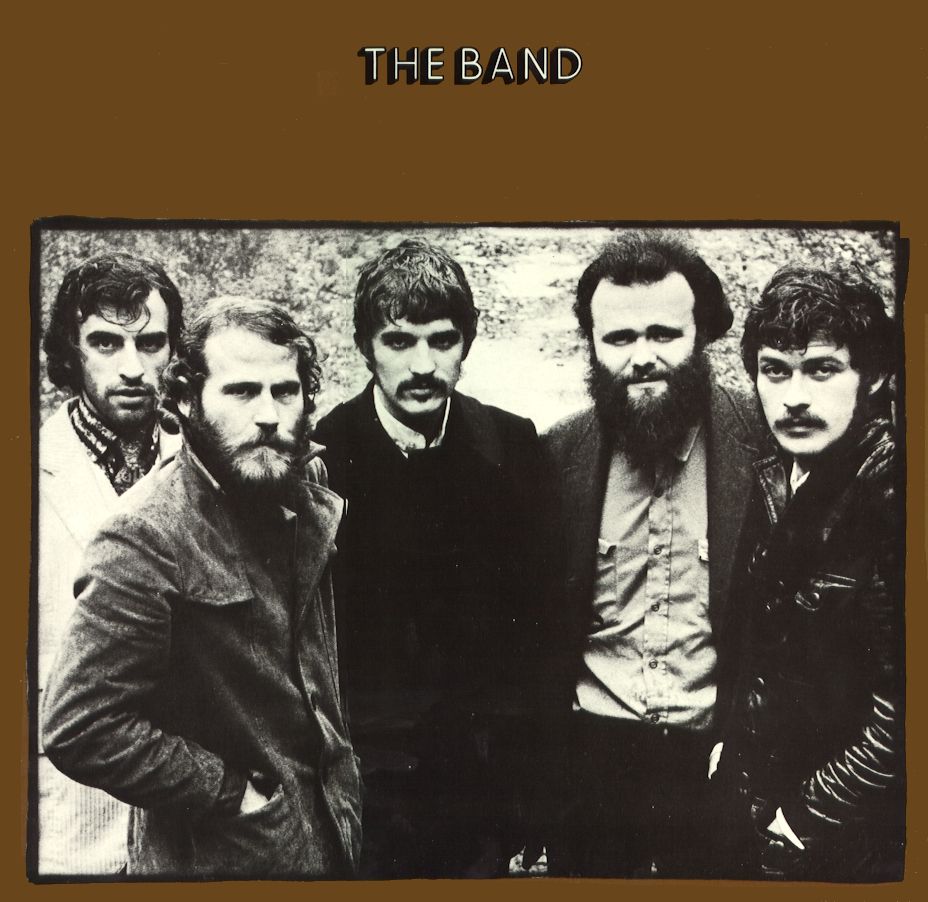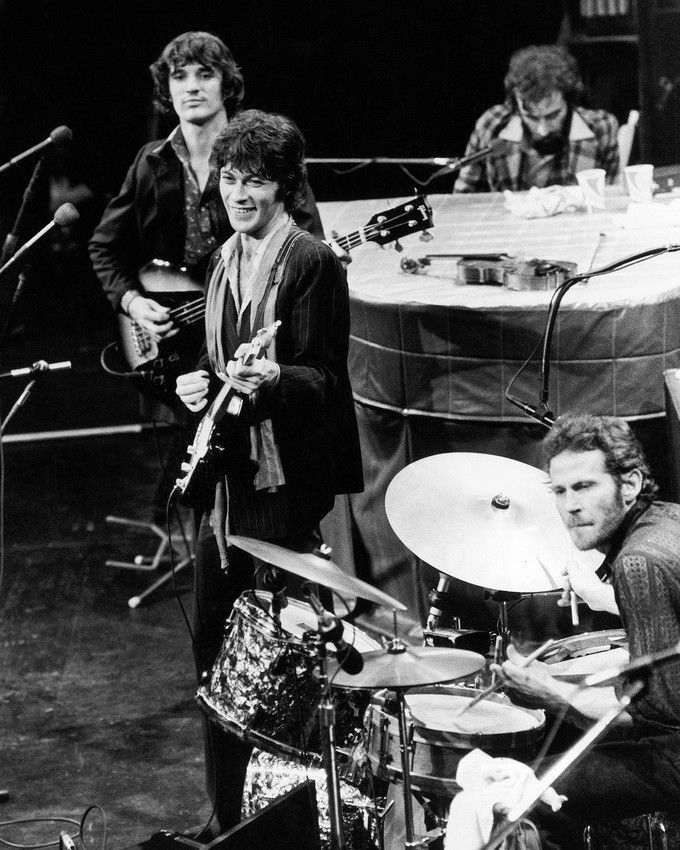From 2009:
Read the whole thing here.It is revealing that Mercer published no poetry, presumably because he felt he had no gift for writing it. Only in the crucible of collaboration did his talents manifest themselves completely.
Does this diminish the significance of his achievement? Must he necessarily be considered a lesser artist than a writer who works exclusively on his own? To make such a claim, after all, is by extension to relegate all forms of collaborative art to a lower level of excellence simply because of the process by which they came into being….



 I posted this for the first time on November 11, 2008. It’s still relevant, and (I suspect) always will be.
I posted this for the first time on November 11, 2008. It’s still relevant, and (I suspect) always will be.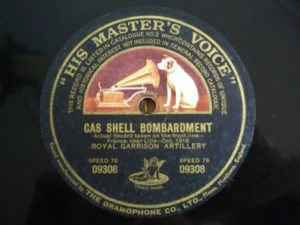 Here is Gaisberg’s own account of the making of the recording:
Here is Gaisberg’s own account of the making of the recording: